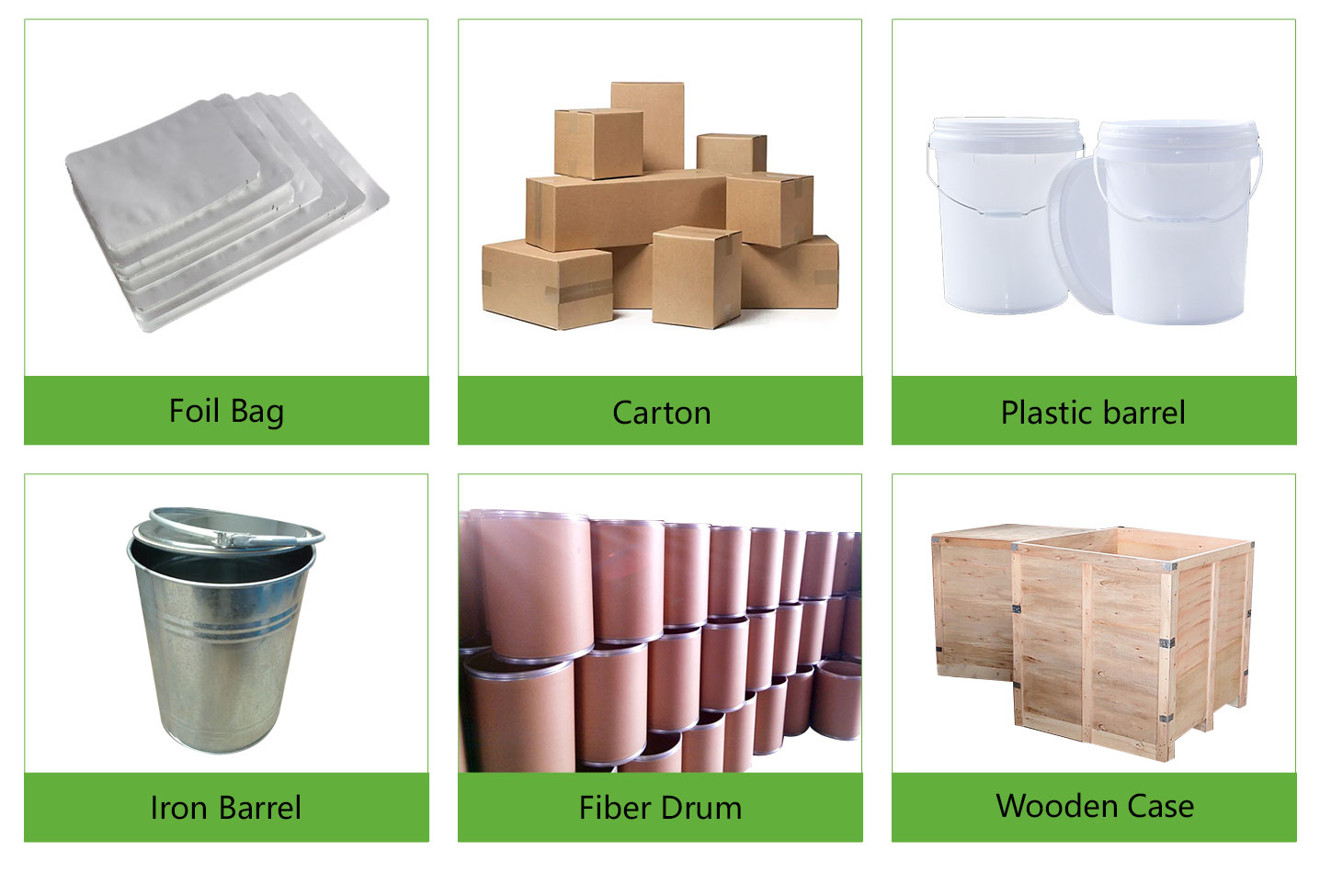Flame retardants: Antimony powder is an effective flame retardant that can be added to many polymer materials, such as plastics, rubber, and fibers, to enhance their flame-retardant properties. Antimony powder can trap and fix free radicals in the flame, thus slowing down the combustion process and preventing the flame from spreading.
Glass fiber: Antimony powder plays a key role in the glass fiber. Glass fiber reinforced plastic (GFRP) is a common composite material widely used in automotive, aerospace, construction, and other fields. In the manufacturing process, antimony powder as an accelerator can improve the fluidity of the glass melt so that the glass fiber can be better formed and cured.
Catalyst: The application of antimony powder in the catalyst field mainly involves petrochemical and polymerization reactions. Due to its REDOX properties, antimony is a key ingredient in various catalysts, such as alkylation, polymerization, and hydrogenation reactions. Antimony powder can provide highly efficient catalytic activity in these reactions while maintaining high stability and selectivity.
Batteries and electronic equipment: Antimony powder has a range of applications in manufacturing batteries and electronic equipment. For example, in alkaline batteries, antimony can be used as a negative electrode material to improve the electrochemical performance of the battery. In addition, antimony powder can also be used to manufacture electronic components such as electronic tube parts and capacitors, providing good electrical properties and stability.
Alloy additives: Antimony powder can be used as an alloy additive for smelting steel, aluminum alloys, and other metals. By adding a certain amount of antimony powder, the melting point and fluidity of the metal can be improved to improve the processability and service performance of the alloy.
Rubber products: In the manufacture of rubber products, antimony powder can be used as a vulcanizing agent and accelerator. By adding an appropriate amount of antimony powder, the physical properties of rubber can be improved, such as hardness, elasticity, and durability, while improving the product's production efficiency and processing performance.
Environmental protection: The application of antimony powder in environmental protection mainly involves heavy metal ion adsorption and desulfurization. Because antimony powder has good ion exchange performance and chemical stability, it can treat wastewater containing heavy metal ions and adsorb and fix toxic metal ions to purify water quality. In addition, in some coal combustion processes, adding antimony powder can effectively remove sulfur dioxide and reduce pollutant emissions in coal flue gas.
High-temperature coating materials: Antimony powder, as one of the high-temperature coating materials, has good oxidation resistance and high-temperature stability. Antimony powder is mixed with other ceramic materials in high-temperature equipment or aerospace fields to make a coating, providing excellent wear resistance, corrosion resistance, and high-temperature protection.
Metal thermal reduction method: This method is a classic antimony powder production method, which mainly involves the reduction reaction of antimony trioxide and reducing agents (such as carbon or hydrogen) at high temperatures to produce metallic antimony powder. Among them, antimony trioxide can be obtained by reacting antimony sulfide or antimony oxide with carbon or hydrogen. This process is usually carried out in closed equipment to control reaction conditions and avoid the emission of harmful exhaust gases.
Electrolysis: Electrolysis is a commonly used method for preparing metal powders, including the preparation of antimony powder. Antimony trioxide or its aqueous solution is electrolyzed with electricity to produce metal antimony and oxygen in the electrolysis process. This method has high production efficiency and purity but requires special electrolytic equipment and high energy consumption.
Hydrogenation: Hydrogenation is an effective method of reducing metal oxides to metal powders. In the preparation of antimony powder, antimony trioxide, and hydrogen are reduced under high temperature and high pressure to produce metal antimony and water. The advantage of this method is that the metal powder can be obtained directly, but strict reaction conditions and a safe operation process are required.
Chemical vapor deposition: Chemical vapor deposition is an effective method for preparing high-performance metal films and powders. In the preparation of antimony powder, antimony-containing gases (such as antimony trichloride or antimony pentachloride) react with hydrogen or other reducing agents at high temperatures to produce metallic antimony powder. The method is highly selective and pure but requires complex equipment and high cost.
Precipitation method: The precipitation method converts ions in solution into precipitation through a chemical reaction and then obtains metal powder through drying and thermal decomposition. In the preparation of antimony powder, antimony-containing solution (such as sodium antimonate solution) and precipitating agent (such as oxalic acid) react to produce antimony oxalate precipitation, and then through thermal decomposition to obtain metal antimony powder. This method has the advantages of low cost and simple operation, but the purity and granularity may be limited.
Zone melting: Zone melting is a high-temperature process for separating pure metals or alloys, usually used to prepare high-purity metal materials. In preparing antimony powder, a high-purity antimony ingot or its alloy is further purified by a zone melting process at high temperatures, and atomization technology is used to convert the melt into powder. This method has the advantages of high purity and low cost, but the production efficiency is relatively low.
